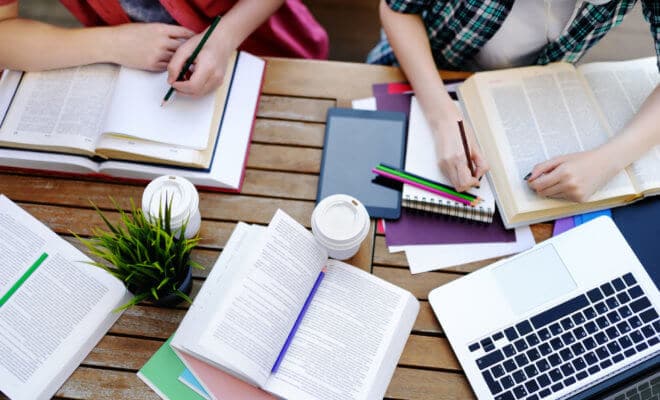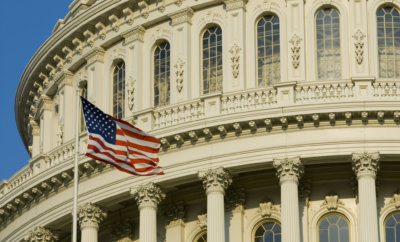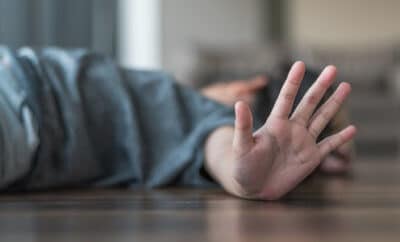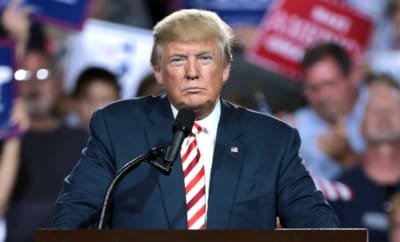Education
Don’t Come With Prepared Speech for Visa Interview, U.S. Consul General Tells Students

Representational Image
Photo: Bigstock
The US embassy in India will hold Visa Day on June 6 for students applying for higher studies.
Students should not come with a prepared speech for visa interviews at the United States embassy, George H Hogeman, the U.S. Consul-General at New Delhi, said on March 29. Hogeman also announced June 6 as the Visa Day, when the U.S. embassy in Delhi and the four consulates in Chennai, Hyderabad, Kolkata and Mumbai, will remain open exclusively to adjudicate visa applications from Indian students who are applying to the United States for higher studies.
Talking about the interview process, Hogeman said: “All that a student has to do is to listen carefully to questions asked by officers and reply to them with real answers instead of coming up with prepared speech.” He added: “We know students are nervous. That is okay. Many nervous applicants are issued visas.”
There are 1,86,000 Indian students in the United States, Hogeman said, citing a report from 2017. This is the highest number ever, he pointed out. One in six international student in the United States is Indian.
“People-to-people relationships are the bedrock of the US-India relations and the bedrock of such relationships are student visas. Higher education plays a central role in the relationship between two countries,” Hogeman said, according to PTI.
Students are asked the reason for choosing the United States for higher education, the details of the program and financial plan. An average interview lasts for around 30 minutes.
“However, the time taken and questions asked would differ depending on each student. If a visa gets rejected, a student has to introspect and learn from that experience before applying again,” he said. “No one can guarantee you a visa. When applicants receive a message with fraud indicators, we encourage them to exercise caution and common sense.”
Students should use resources available with EducationUSA and conduct research on programs they would like to prefer. “We do not require any documents at the time of visa interview, but if an individual prefers to bring, they should not be fake,” the U.S. embassy’s Fraud Prevention Manager Elizabeth Lawrence said. “Any students providing counterfeited certificates may be barred from applying for visa forever.”
EducationUSA is a U.S. Department of State network of over 425 international student advising centers in more than 175 countries, offering accurate and current information.
If a student thinks of applying for an F Visa (the U.S. visa for students), the process should start at least a year before the session starts. A student can apply for a visa 120 days ahead of the start of the session.
“At EducationUSA, we provide free information to students,” Aastha Virk Singh, advisor at EducationUSA, said. “If you start correctly with us, the visa will not be a problem.”
While the United States remains one of the most sought for countries for education there has been a decline in the number of the student applications in the last two years.
Applications from Indian graduate students and first-time enrollment rates declined by 15 per cent and 13 per cent, respectively, from 2016 to 2017. In 2015-16, Indian enrollments reduced by 7 per cent, according to the Council of Graduate Schools (CGS).



